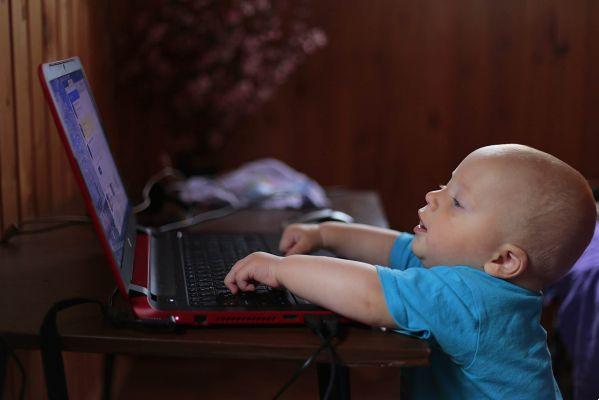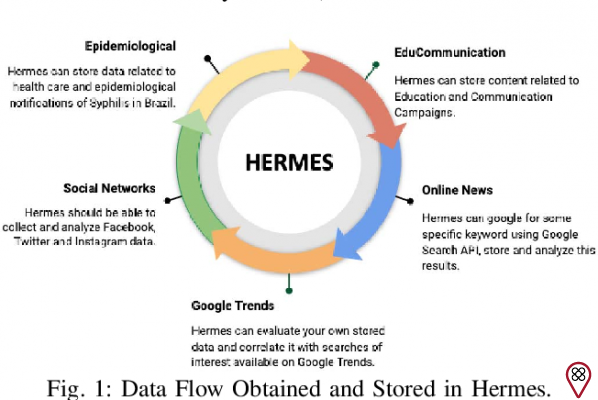
If you tell a child that he will never have to do his homework again when he gets home from school, he is likely to jump for joy. However, most educators argue that it is important to practice the knowledge that was learned throughout the day, to better fix the content, even if this activity is not that cool.
But is the acquisition of knowledge the real purpose of homework? According to Peter Scooby, surfer and participant of the Big Brother Spain 22, no. During a conversation on the show, he stated that homework was invented to punish students, not educate them. is this really true? Find out below!
Who invented homework and for what purpose?
In Italy in 1905, an Italian educator named Roberto Nevilis created homework. At that time, he aimed to punish students who misbehaved during class or who performed poorly. In other words, Pedro Scooby was right!
However, this is not the only truthful information about homework. From the 1930s, in the United States of America, this practice took on a new meaning. This is because, in that context, students from rural areas were still a significant portion of the students. As it was difficult to go to school, homework was a way of making up for the hours when they were not at school.
Over the years, the so-called homework was even more widespread, with different objectives from the initial ones. Today, advocates of this practice claim that it brings the following benefits to students:
1) Assimilation of the studied content
For many subjects, the only way to learn content is through practice. Therefore, homework is essential to ensure that students will be able to reproduce what was taught during the class.
2) Development of other skills
At school, class time for each subject is limited. Because of this, it is not always possible to develop all the skills that a student would have. So homework is a way to develop new skills.
3) Developing self-discipline
It's not easy to get organized and have the responsibility to fulfill your own tasks, especially when we're still growing. Fortunately, homework is one way to encourage this self-discipline.
4) Memorization training
With homework, all the content learned throughout the day stays longer in a student's memory. That way, that person is more likely to be able to learn each subject easily.
5) Development of the study habit
For many children, studying is a boring and tiring task. And, little by little, they stop doing it. However, by making study a habit, through homework, this activity can be understood as something important and necessary.
Over time, homework started to get in the way.
Despite the benefits that homework offers, in many cases this activity has become a burden for students, discouraging the practice. That's why many children even feel that it is a punishment, as it was originally.
There are some factors that explain this interpretation of homework as something bad and harmful for students. First, the volume of activities in each subject is not always balanced. As a result, many tasks have to be accomplished in a short time, at the risk of losing a grade or receiving warnings.
You may also like
- Uncover the meanings of dreaming about school
- Discover Waldorf pedagogy in schools
- Discover the technique of replacing punishment with meditation at school
Another factor that makes homework tiring is the difficulty of the exercises that are part of the lesson. If they are more difficult than the exercises performed in class, the child will probably not be able to perform them calmly, causing frustration and irritation.
Also, many students feel exhausted when they get home, either because of the demands of the school or for other reasons, so they just want to relax and do enjoyable activities, which is understandable. But would the ideal be to do away with homework?
What would happen if there was no more homework?
In 2015, a public school in New York, United States of America, made the courageous decision to end homework. The idea was for students to play outdoors instead of engaging in this type of activity, to combat the frustration and exhaustion caused by the lesson.
The institution's director, Jane Hsu, was supported by Harris Cooper, a researcher who analyzed 180 studies on the subject. He identified that there is no evidence that homework is actually beneficial for students' intellectual development. That is, without this kind of lesson, they would not be harmed.
In addition, students who do not receive homework would have more time to play, to pursue their hobbies, and to have fun with friends and family. These types of interactions are proven to be beneficial for an individual's development and critical for children.
From the content presented, it is understood that homework really emerged to punish students. While the practice brings benefits, it has become tiring and frustrating for students all over the world. In this way, it is essential to find a compromise between receiving many lessons and not receiving any activity, in order to enjoy the advantages and overcome the disadvantages of homework.
























